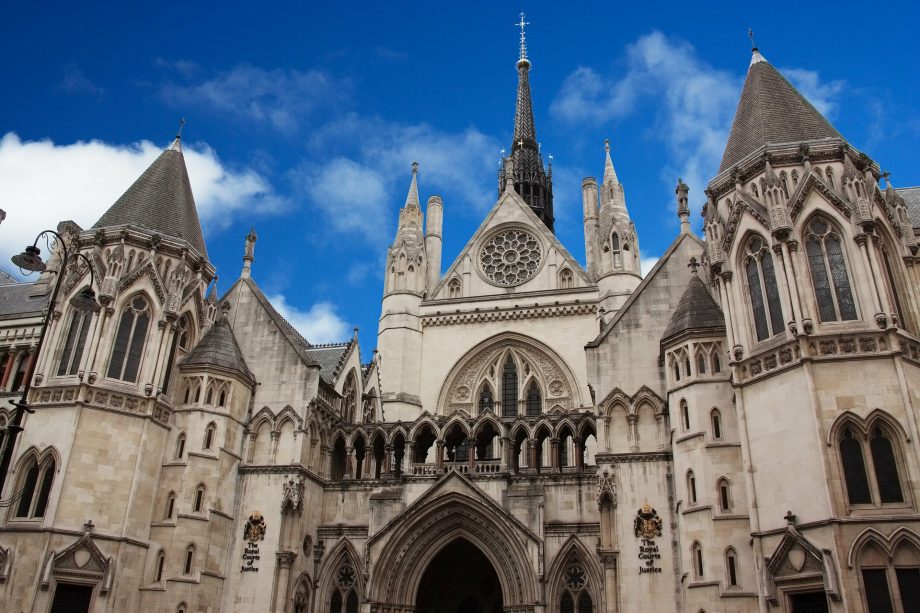
There are several types of criminal appeals.
Appeals against conviction or sentence
Cases start in the Magistrates Court. If you want to appeal against a conviction or sentence in that Court, you can appeal to the Crown Court. If you are dealt with in the Crown Court and want to appeal against a conviction or sentence, you appeal to the Court of Appeal.
The crucial difference between these two appeals is that to appeal to the Court of Appeal, you have to set out your grounds for appeal fully. A single judge then considers these grounds. If the single judge grants permission the appeal is heard by the Full Court. If permission is refused, you can still ask for the Full Court to consider the grounds, but there may be consequences if there is a refusal, and the legal aid position is also uncertain.
From the Court of Appeal, the right of appeal is to the Supreme Court. Leave to appeal must be granted by the Court of Appeal or the Supreme Court. The test is whether a point of law of general public importance is involved in the decision that ought to be considered by the Supreme Court – such appeals are rare.
Strict time limits apply for appeals and permission has to be requested for leave to apply out of time. It should never be assumed that an appeal out of time will be permitted, even if the delay is only for a very short period.
Case Stated
If you disagree with a finding made against you in the Magistrates’ Court or certain matters in the Crown Court, you can appeal to the High Court by way of case stated. A decision means a final one in terms of what can be reviewed.
The essence of this type of appeal is that either the initial decision was wrong in law, or the Court acted in excess of its jurisdiction. There is a 21-day time limit and no power to extend that limit in a case from the Magistrates’ Court. The time limit runs from the conclusion of the case.
Judicial Review
A judicial review is a challenge to the way in which a decision has been made. The Court is not concerned with the conclusion as such (unless it was plainly unreasonable), just whether the right procedures were followed. A judge cannot quash or declare a decision unlawful purely on the basis that he would have made a different decision.
The three main grounds of judicial review are illegality, procedural unfairness and irrationality. Additionally, a decision can be overturned if a pubic authority as acted in a way which is incompatible with human rights under the Human Rights Act 1998.
A judicial review challenge must be brought ‘promptly’, and in any event within 3 months, so even a short delay may prove fatal.
As can be seen from the above, the routes by which decisions can be challenged are themselves many and varied, and in some instances, they overlap. The decision as to which route to follow is one that we can make having considered all of the circumstances of your case. If appropriate we will instruct specialist counsel to advise.
The key thing, in all cases, is to seek legal advice without delay.
Contact Broadbents
If you need specialist legal advice, then get in touch with our dedicated team. Our team of solicitors cover various fields of law, ensuring that you have access to expert legal advice. Call us today, Alfreton 01773 832 511, Derby 01332 369 090, Heanor 01773 769 891, or Sutton-in-Ashfield 01623 441 123.




